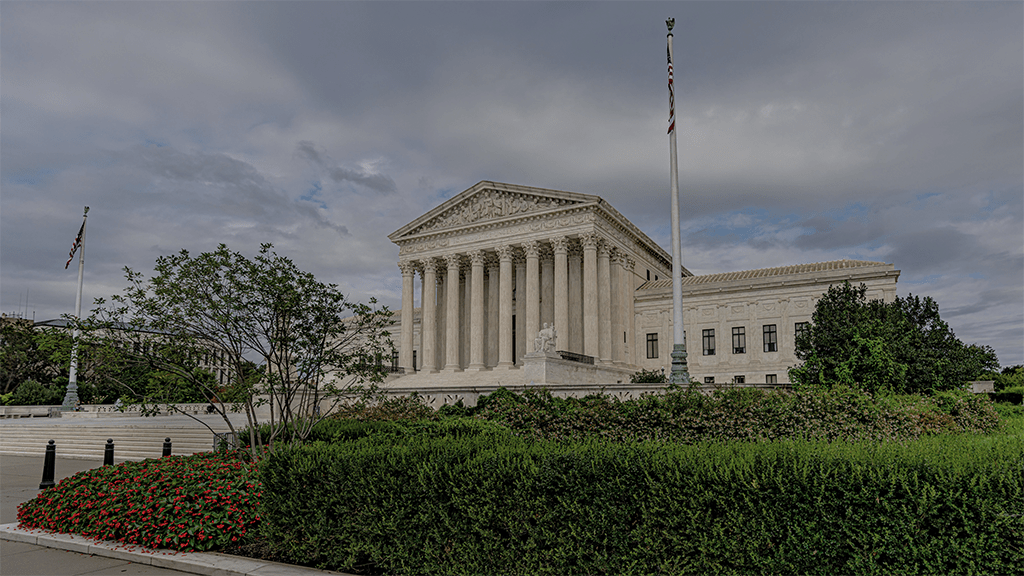Supreme Court Rejects Theory Granting State Legislatures Unchecked Power over Election Rules.

June 27, 2023: In a significant decision, the Supreme Court has rejected a legal theory that sought to grant state legislatures unrestricted authority to set election rules without oversight from state courts. The ruling, which comes as a blow to conservative proponents of the theory, upholds the power of state courts to review election laws under state constitutions.
The case at hand, Moore v. Harper, centered on North Carolina’s congressional map. By a 6-3 vote, the court dismissed the “independent state legislature” theory, which argued that state courts have limited or no authority to question state legislatures on election laws for federal contests. A broad interpretation of this theory would have empowered state legislatures to make decisions on various aspects of elections, including drawing congressional lines, regulating voter registration, and casting ballots, without allowing challengers to contest those decisions in state courts. Critics of the theory raised concerns about potential partisan gerrymandering and the potential for laws that could restrict voting rights.
Writing the majority opinion, Chief Justice John Roberts emphasized that the U.S. Constitution does not shield state legislatures from state judicial review. The court affirmed that state courts can interpret state constitutions and limit lawmakers’ powers regarding election laws. However, Roberts clarified that state courts should not overstep the bounds of ordinary judicial review, cautioning against unconstitutional intrusion into the role reserved for state legislatures.
The decision preserves the power balance between state courts and legislatures, maintaining the ability of state courts to review election laws while underscoring the importance of federal courts exercising their own duty of judicial review. Conservative legal activists, backed by certain GOP operatives, had sought to expand state legislatures’ authority, potentially impacting future congressional and presidential elections. The Supreme Court’s ruling affirms that state courts can continue interpreting state constitutions to limit lawmakers’ actions.
The outcome of this case has significant implications for the future of elections in the United States. The rejection of the “independent state legislature” theory prevents a radical overhaul of the country’s election laws that could have been brought about by empowering state legislatures without sufficient oversight. The ruling preserves the checks and balances necessary for a functioning redistricting process and ensures voters’ interests are prioritized over legislators’ preferences.
It also upholds the ability of federal courts to review state election law changes that violate federal law or the federal Constitution.
In conclusion, the Supreme Court’s decision in Moore v. Harper denies state legislatures unchecked power over election rules and reaffirms the authority of state courts to review election laws under state constitutions. The ruling safeguards against potential partisan gerrymandering and regulations that could impede voting rights while maintaining the balance between state courts and legislatures.


















































